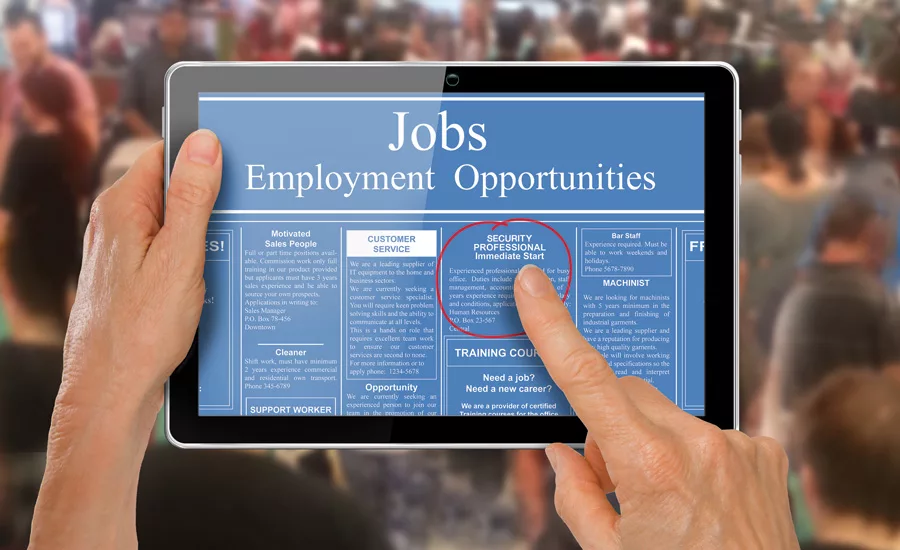Selecting the Right References Proves Critical for Job Searches

During the course of the recruitment process, you will inevitably be asked to provide contact details for, on average, four to six references. Too often this exercise is not prepared for in advance. A list of former colleagues and professional acquaintances may prove useful for a cursory validation of your background, however a hastily compiled list may work to your detriment.
I have often found that the references provided by candidates are not able to provide a clear description of an individual’s professional capabilities and competencies. This is especially noticeable when I receive a list of friends who work at what would be considered the same professional level as the person under consideration.
Understandably there can be a reluctance to let your current employer know that you are being interviewed. However, it is very important to present references who were your supervisor or perhaps other senior executives who were your internal clients at current or previous employers. These people should be ones with whom you regularly interacted and who can comment on your soft skills.
Don’t rule out including subordinates and other individuals who work outside the security function. This is important because it is an indicator of the management level at which you operate and the relationships you’ve built.
When speaking with a reference, we will often share the position description with them in advance. This gives them an opportunity to reflect on their analysis of someone’s suitability for the specific role. You can take that same initiative and send a copy of the job outline in advance to your references so they are prepared to answer the questions we’re likely to ask.
What should you take into consideration when selecting your references? They should know you well enough to provide information about and comments on:
-
Nature and length of their relationship to you.
-
Position(s) you held.
-
Do they really understand what you do or did in the role beyond your job title?
-
Quality of your work.
-
Leadership and managerial skills.
-
Your technical/operational skills.
-
Oral/written communication skills.
-
Decision-making abilities.
-
Professional conduct.
-
Strengths and weaknesses.
-
Interpersonal competencies across different levels.
-
Budgeting and financial management.
One of the final questions that is often asked of references is “Would you hire the candidate to be on your team,” or perhaps, “Would you work with or for this candidate?”
The choice of references is not a pro forma exercise and should not be taken lightly. Selecting the wrong ones will have a major impact on whether you’re chosen for positions. Choose references carefully, check with them ahead of time, have their current contact details and stay in regular touch with them to keep them informed of your job search progress.
Looking for a reprint of this article?
From high-res PDFs to custom plaques, order your copy today!








